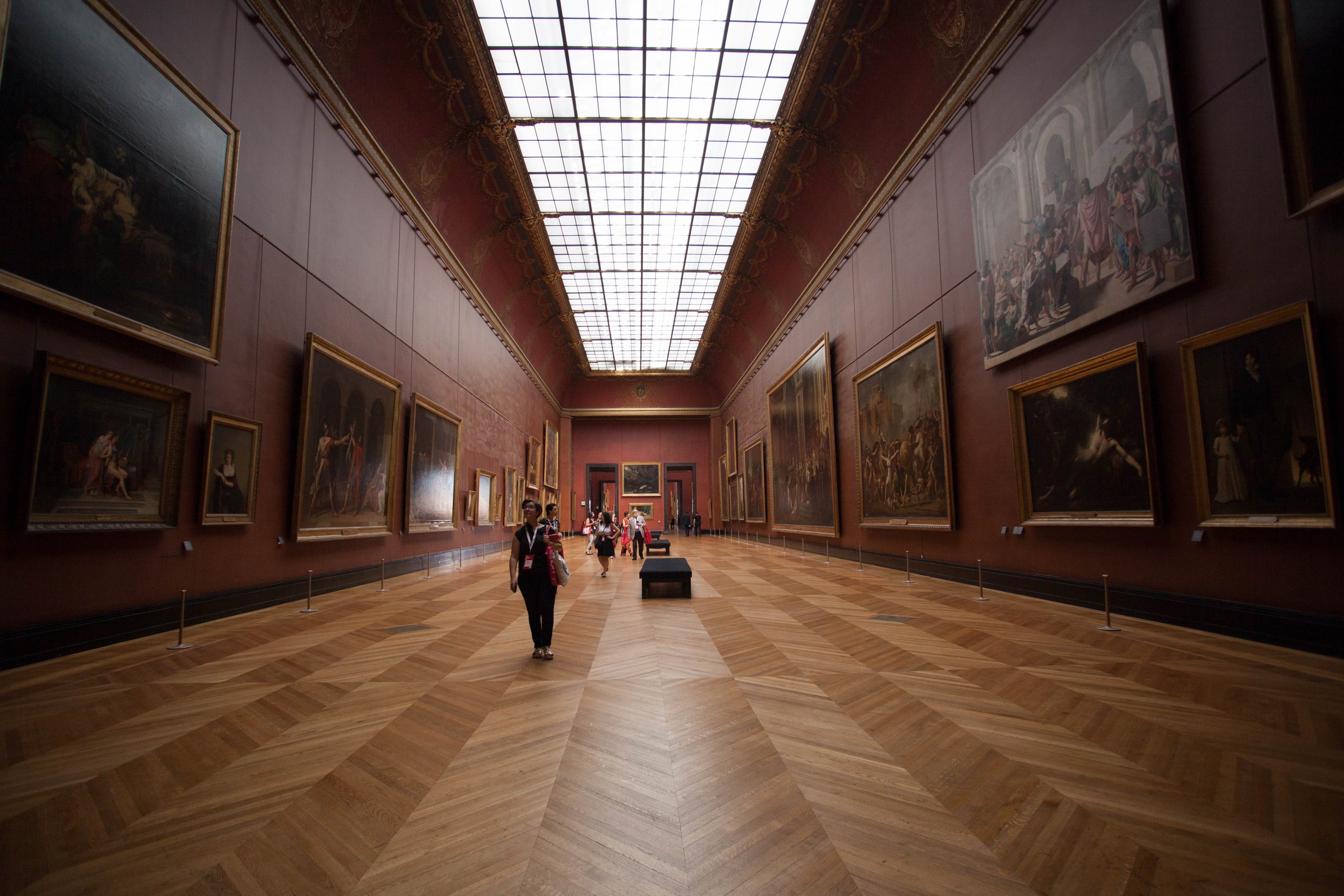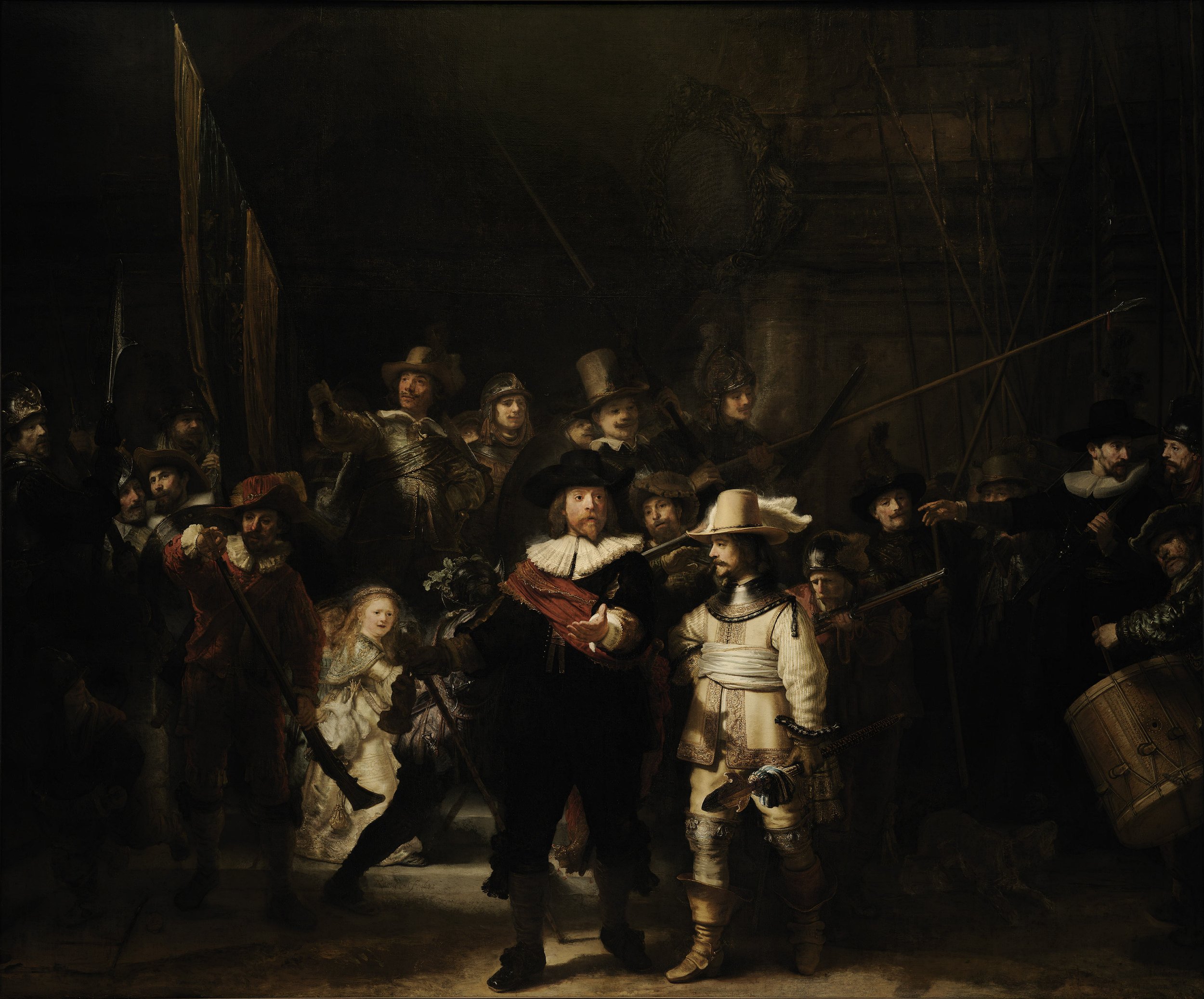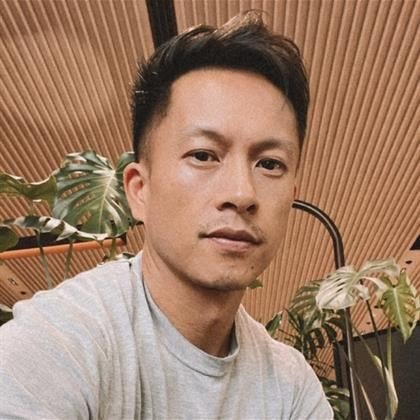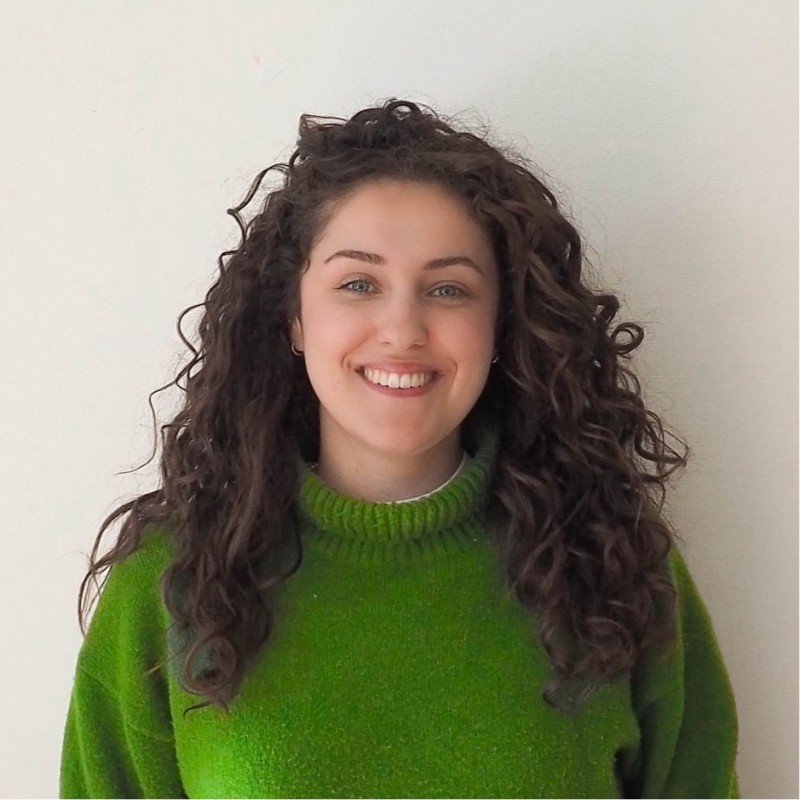• Corinne Estrada • Founder & CEO • Sydney, Australia
• Corinne Estrada • Founder & CEO • Sydney, Australia
• Arnel Rodríguez • Design Lead • Sydney, Australia
• Arnel Rodríguez • Design Lead • Sydney, Australia
• Jean-Philippe Gilbert • Digital consultant • Sydney, Australia
• Jean-Philippe Gilbert • Digital consultant • Sydney, Australia
• Tirtha Giri • 30 UNDER 30 Project Manager • Mumbai, India
• Tirtha Giri • 30 UNDER 30 Project Manager • Mumbai, India
• Nicol Vassena • Program Curator • Paris, France
• Nicol Vassena • Program Curator • Paris, France
• Tanisha Gandhi • Partnerships Manager • Paris, France
• Tanisha Gandhi • Partnerships Manager • Paris, France

About us
CTA Paris delegates on tour at the Louvre
AGENDA is a communication agency specialising in the arts sector.
Our team of international experts brings a creative and solution-focused approach to cultural communications and development. Our primary objective is to disseminate the best communication and fundraising practices of cultural institutions worldwide. Our network of 20,000 professionals, spread across five continents, is our greatest asset. AGENDA was founded in Paris in 1995 and relocated to Sydney in 2018. We are proud to organize the annual Communicating the Arts conferences, which bring together thought leaders from the visual arts, performing arts, and heritage sectors.
20 years of expertise around the world
FAQ interview
with Corinne Estrada
August 2022
-
What prompted your transition from tourism in New York and the Côte d’Azur to the arts?
In the 90s, with the opening of the Eurostar train between Paris and London, I got a lucky start working for Tate, the National Gallery and the Victoria and Albert Museum. I was running a communication agency in Paris in charge of continental PR. In 2000, Tate wanted to be seen as the new model of the 21st century and we had this idea to bring them to the Louvre to talk about best practices in branding and marketing. It was a fantastic time when everyone in the museum sector wanted to learn from the British. -
Within 20 years, over 10,000 museum professionals have attended your conferences. How do you explain this success?
To be honest it was unexpected! At the beginning, we invited our clients to be on stage. Then everyone wanted to share their experiences, learn, inspire, and be inspired. We invited speakers from outside the arts to develop benchmark with other industries. We treated all attendees as experts because they had something relevant to discuss. This format proved because it fostered collective thinking. We reversed the learning process. Speakers were learning from participants. And vice versa.
-
In 2013, you moved to Australia for a year before deciding to move there permanently. What do you find different in this part of the world? What is special about the arts?
In 2013, the city of Sydney invited us to bring the conference to Australia. I thought that was a great opportunity to learn from a different perspective. The Australian population is very diverse and therefore their expectations for culture are multiple. Festivals and outdoor events are very popular. Arts practices in Australia are more focused on performing arts than visual arts. That’s why we decided to change the title of our conferences to Communicating the Arts instead of Communicating the Museum.
-
You have organised 37 conferences in the most prestigious locations around the world such as the Doges Palace or MoMA. What are your criteria to choose destinations?
We always choose cultural venues because they are places to meet people, learn, inspire, and share ideas. We then look at the ecosystem of the city: its public spaces, the private sector with creative industries and its artistic environment. It is then essential to work collaboratively with the city stakeholders to build a rich programme involving 10 to 15 different venues. Then, I propose the destination to an international advisory committee.
-
Since the pandemic, the cultural world has shifted. How do you address conference topics that are relevant and related to the challenges that cultural leaders are facing?
Fundraising and social engagement remain the key challenges of cultural leaders. This shift was already strong before COVID but the pandemic has accelerated this trend. Cultural venues have become social spaces where social justice, education and well-being now dominate conversations. How to interpret permanent collections in engaging ways using new technologies has also become a vital concern. To discuss these topics and engage our attendees in conversation, we always involve artists to bring a creative spirit to our conferences.








